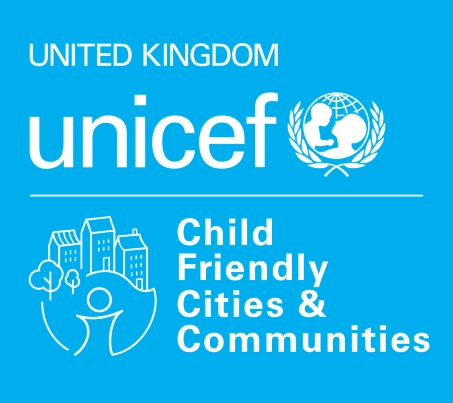
A Child rights-based approach
Our experience in the UK and from over 25 years of the global UNICEF Child Friendly Cities Initiative has led to the creation of the Child Friendly Cities & Communities child rights-based approach (CRBA).
This practical tool is made up of seven principles: the four general principles of the UN Convention on the Rights of the Child (best interests; life, survival and development; non-discrimination; and participation) and three general human rights principles (dignity; interdependence and indivisibility; and transparency and accountability).
Taken together, these seven principles describe the quality of care and provision that each child should experience when using services that are grounded in children’s rights.
Bridging the gap between theory and practice
Too often there is a gap between the rights and entitlements set out in the UNCRC and the lived experiences of children. A CRBA helps translate the theory of the UNCRC into practical actions, steps and solutions.
By working through each of the seven principles, those using a CRBA will find that their decisions are rooted in children’s rights and, as a result, deliver better outcomes.
A child rights-based approach to public services
We deliver expert training in a CRBA to our local authority partners, from politicians to frontline workers. And we offer continued support as they use the approach to transform public services.
We also train private and third sector organisations, so that children’s rights guide decision-making across the wider community.
Contact us for more information on our training and support offer.
The seven principles of a child rights-based approach:
Every child and young person, just like each adult, has inner dignity and worth that should be valued, respected and nurtured. Respecting children’s dignity means all children should be treated with care and respect in all circumstances – in schools, hospitals, police stations, public spaces or children’s homes.
Rights cannot be ‘cherry-picked’ depending on circumstances. All children and young people should enjoy all of their rights all of the time because all rights are equally important. Children and young people’s rights to a good standard of living, or to be protected from abuse, neglect and violence, are just as important as their rights to get together with their peers or to freedom of expression.
The best interests of the child must be a top priority in all decisions and actions that affect children and young people. Decisions can relate to individual children, for example about adoption, or groups of children and young people, for instance when designing play spaces. In all cases, children and young people should be involved in deciding what is best for them.
All children and young people have the right to have a say in matters that affect them and to have their views taken seriously. In order to participate meaningfully in the lives of their family, community and the wider society, children and young people need support and opportunities for involvement. They need information, a space to express their views and feelings, and opportunities to ask questions.
Every child and young person should be treated fairly and protected from discrimination, whatever their age, gender, ethnicity, religion, language, family background or any other status. Having access to equal opportunities and best possible outcomes doesn’t mean being treated identically; some children and young people need more support than others to overcome barriers and difficulties.
Open dialogue and strong relationships between children and young people, professionals and local politicians are key to making rights a reality. For this to happen, everyone needs to be supported to learn about and understand rights. Knowledge of rights also allows children and young people to hold to account the people responsible for ensuring their rights are protected and realised.
Every child has a right to life and each child and young person should enjoy the same opportunities to be safe, healthy, grow and develop. From birth to adulthood, children and young people develop in many different ways – physically, emotionally, socially, spiritually and educationally – and different professionals should work together to help make this happen.


